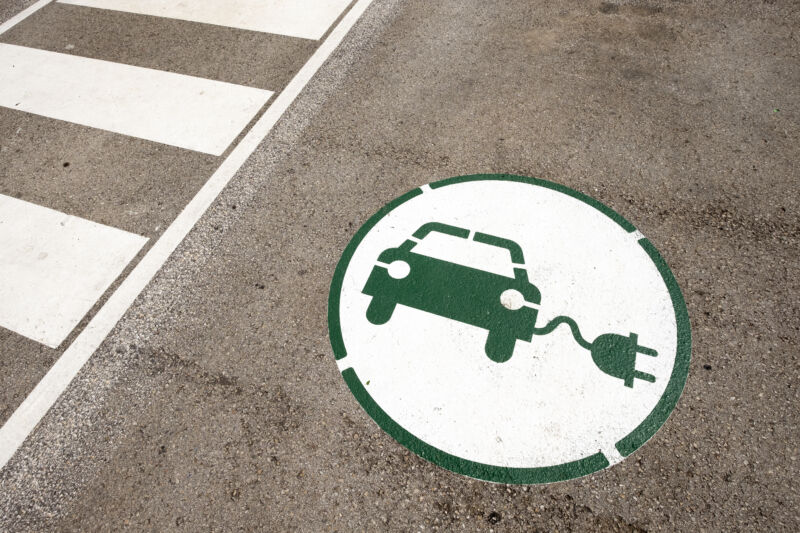EY surveyed 9,000 people in 11 countries for its Mobility Consumer Index.
JONATHAN M. GITLIN - 7/20/2021

Enlarge / The biggest impediment to EV adoption appears to be cost of ownership, according to EY's 2021 Mobility Consumer Index.
Carlos Sanchez Pereyra/Getty Images
Electric vehicles are increasingly breaking into the mainstream. According to a new survey conducted by EY, 41 percent of consumers planning to buy a car say their next vehicle will be a plug-in. And they're mainly making that decision because of the environmental impact.
EY surveyed 9,000 consumers across 13 countries (Australia, Canada, China, Germany, India, Italy, Japan, New Zealand, Singapore, South Korea, Sweden, the UK, and the US) in June of this year as part of its Mobility Consumer Index. The last time the firm conducted this survey, in September 2020, just 30 percent said their next car would be either a battery EV or plug-in hybrid EV.
Where do BEVs beat ICE?
EV adoption is moving faster in some places than others. In China, for example, 48 percent say their next car will be an EV, and only 43 percent say it will have an internal combustion engine (with 3 percent looking for a hydrogen fuel cell EV and the remaining 5 percent saying they are unsure). Sweden's numbers are near-identical, with a matching 48 percent wanting an EV.Advertisement
In South Korea, 51 percent indicate that an EV will be their next vehicle. In Singapore, 53 percent want an EV, and in Italy, a whopping 63 percent said their next vehicle would be a plug-in.
But in the other countries that EY surveyed, the internal combustion engine remains the most popular choice. In Australia, only 17 percent would buy an EV, versus 75 percent of Australians who want another carbon-burning car. There is little similarity between the US car market and India's, but in both cases, only 28 percent of consumers say they want an EV next. In New Zealand, 30 percent indicated an EV was in the cards. In Canada, 35 percent said the same, and in Germany, 38 percent plan to go electric. In the UK, 40 percent want a plug-in, and in Japan, 42 percent do.
In each country, the environment was the primary reason for wanting to electrify, and the major concern was the cost of ownership, not charging infrastructure. The good news is that time and again, research shows that EVs are cheaper to maintain and have a lower total cost of ownership than gasoline or diesel-powered vehicles.
No comments:
Post a Comment